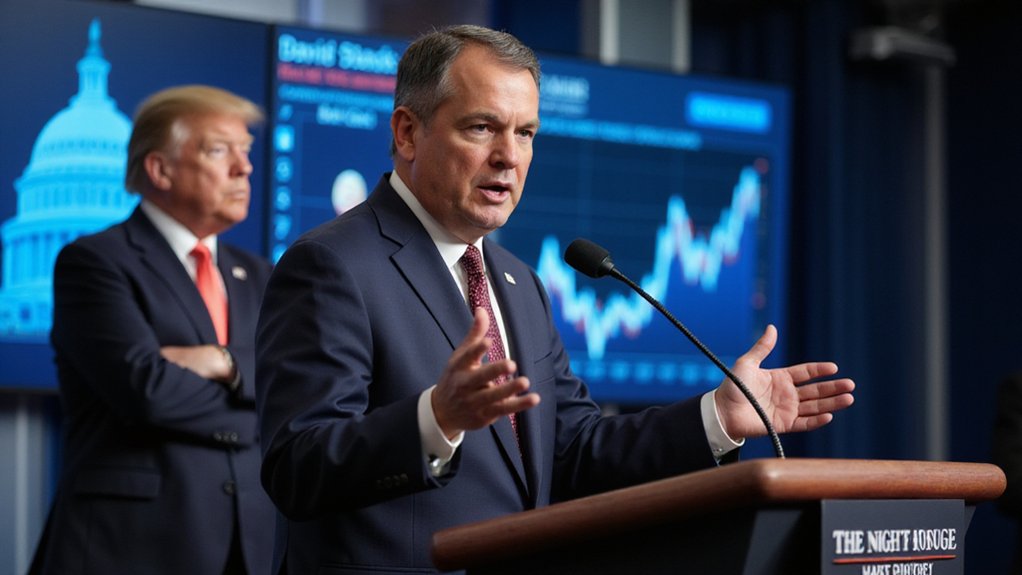In a development that could fundamentally reshape America’s financial architecture, venture capitalist David Sacks has confidently forecast the passage of the GENIUS Act—a landmark stablecoin regulation bill that recently cleared a key Senate hurdle with surprising bipartisan support. The legislation, which garnered 66 votes including 15 from across the aisle, has successfully navigated the treacherous waters of potential filibuster and now stands as the most advanced federal effort to create a thorough legal framework for dollar-pegged digital assets.
The GENIUS Act—short for Guiding and Establishing National Innovation for U.S. Stablecoins Act—promises to unleash trillions in demand for Treasury bonds “practically overnight,” a tantalizing prospect for a government perpetually seeking buyers for its debt instruments. With over $200 billion in stablecoins already circulating globally in a regulatory wilderness, the legislation would channel this considerable liquidity toward U.S. sovereign debt, potentially reinforcing dollar supremacy in an increasingly multipolar financial world. These regulated stablecoins would provide much-needed market stability in the typically volatile cryptocurrency environment.
Stablecoins could transform from regulatory orphans into Treasury’s most fervent suitors, cementing dollar dominance in our fractured financial landscape.
Yet the bill’s momentum comes amid swirling questions about potential conflicts of interest. The Trump family’s backing of World Liberty Financial—which recently launched USD1, a Treasury-backed stablecoin that received a $2 billion investment from Abu Dhabi’s MGX fund via Binance—has raised eyebrows among critics. Sacks himself has strikingly declined to comment on any financial gains the president or his family might derive from the legislation. The Keeta Network token, backed by Eric Schmidt, has surged 600% in two weeks amid growing investor enthusiasm for crypto regulation.
Despite these controversies, the market implications remain profound. Clear regulatory guidelines would likely catalyze institutional adoption, integrating cryptocurrency infrastructure with traditional finance and potentially modernizing America’s payment systems. The legislation represents a rare instance of Washington acknowledging technological inevitability rather than futilely attempting to contain it.
While final passage isn’t guaranteed—certain provisions could still alienate financial industry supporters—the bill’s bipartisan momentum suggests Washington may have finally found common ground in the typically contentious domain of financial innovation.









